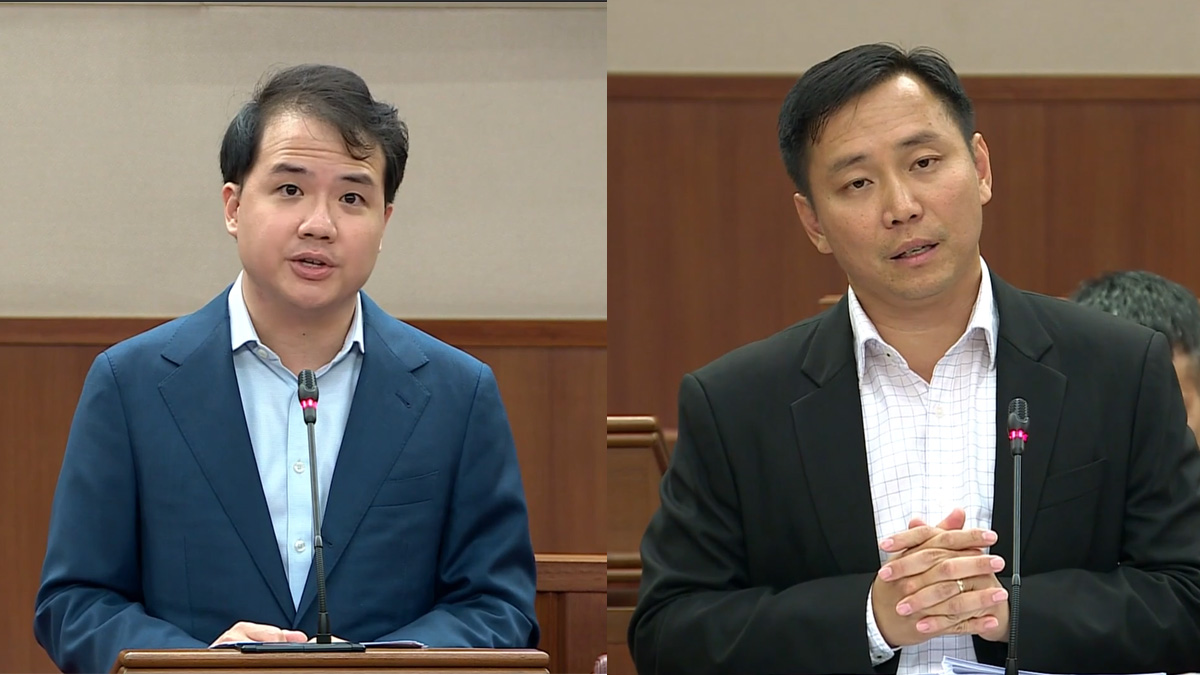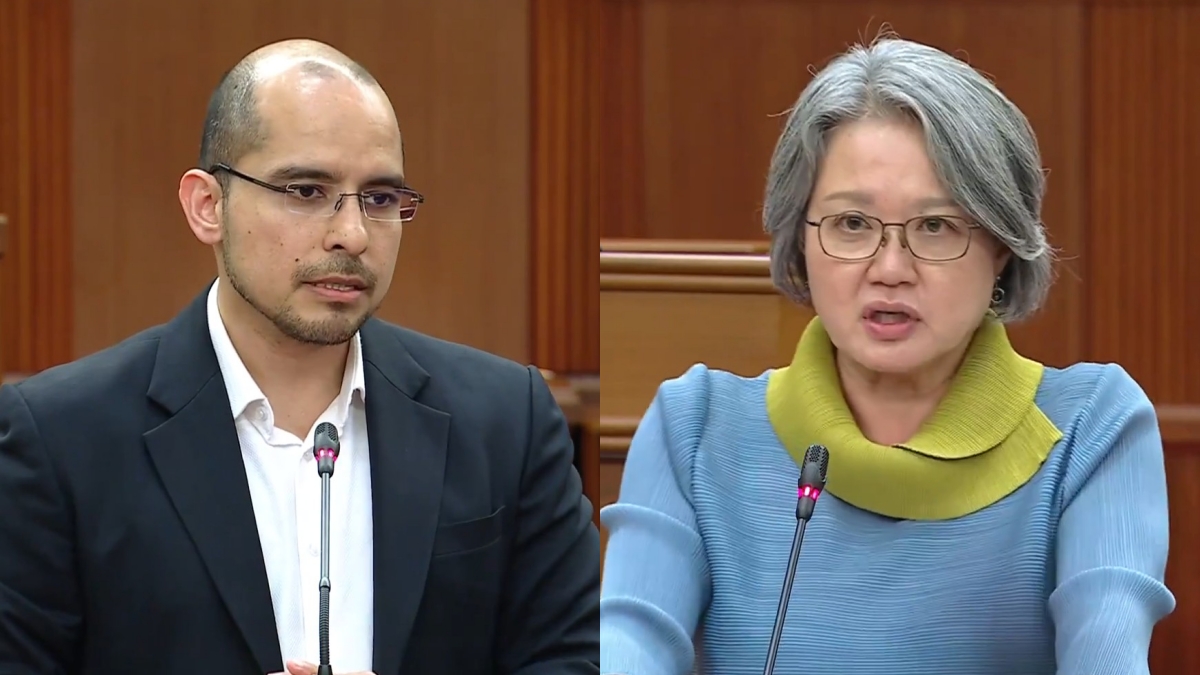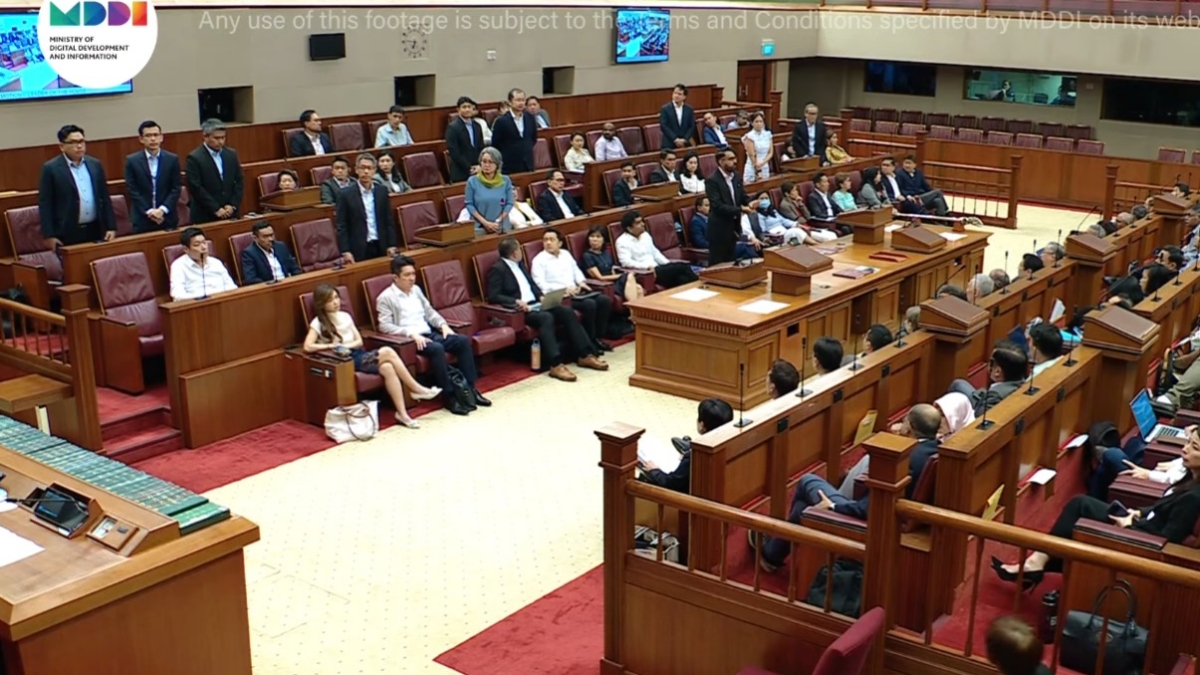MOM reiterates severance clauses must not restrict workers from seeking help
In response to a parliamentary question by Workers’ Party NCMP Andre Low, MOM clarified that clauses in severance agreements restricting workers from seeking help are unacceptable. The ministry reiterated its stance following concerns raised after Agoda's retrenchment exercise.

In a written reply dated 5 November 2025, Minister for Manpower Dr Tan See Leng addressed concerns raised in Parliament over clauses in severance agreements that may inhibit workers from seeking assistance from unions or government agencies.
The question was filed by Non-Constituency Member of Parliament Low Wu Yang Andre of the Workers' Party, following the controversy involving online travel platform Agoda.
Dr Tan stated that over the past three years, the Ministry of Manpower (MOM) has not received any complaints regarding severance clauses that discourage employees from approaching authorities or unions—other than the reported case involving Agoda.
In the Agoda case, severance agreements issued during its August 2025 retrenchment exercise included clauses that dissuaded employees from contacting the Ministry, unions, or related statutory boards. These provisions came to light in September 2025 through media reports, not from proactive monitoring by MOM or its tripartite partners.
Dr Tan clarified that MOM does not monitor severance agreements by default, as they are private contracts between employers and employees. However, he emphasised that if MOM receives complaints, it will investigate and take action if necessary.
Following the media reports, MOM, the Tripartite Alliance for Fair and Progressive Employment Practices (TAFEP), and the National Trades Union Congress (NTUC) promptly engaged with Agoda. The company has since issued a public apology and reached out to affected workers to explain the intent of the clauses.
Dr Tan reiterated that provisions which discourage or prevent employees from approaching authorities "should not be included under any circumstances." Despite this, he cautioned against legislating such matters, noting the government's preference to avoid over-regulating private contractual agreements.
Instead, MOM relies on the tripartite framework to encourage fair retrenchment practices. This includes urging employers to give employees time to review severance terms and seek independent legal advice.
On the matter of proactive audit mechanisms, Dr Tan indicated there are no systematic audits of severance agreements. However, accessible channels for redress exist through MOM and TAFEP, and workers are encouraged to approach these agencies if they encounter problematic clauses.
The minister’s remarks also came amid broader parliamentary scrutiny over the Agoda retrenchment.
In a separate written reply on 4 November 2025, Dr Tan responded to a question from Workers’ Party MP He Ting Ru, confirming that Agoda had complied with Singapore’s Mandatory Retrenchment Notification (MRN) rules.
Dr Tan explained that companies are required to notify MOM within five working days after informing employees of retrenchment. He noted that Agoda fulfilled this obligation and that prior notification is not currently mandatory.
While he acknowledged that NTUC has proposed a move toward advance notification to enhance transparency, the minister did not commit to changes in the existing framework.
Notably, he did not provide figures on how many companies had failed to meet MRN requirements or what enforcement actions had been taken, focusing instead on the regulatory intent behind current timelines.
The controversy over Agoda’s severance clauses has drawn strong responses from labour and government representatives.
NTUC and the Singapore Industrial and Services Employees’ Union (SISEU) issued a joint statement condemning the clauses as "irresponsible and regrettable." MOM similarly said it viewed such clauses seriously and would act against employers who included them.
Agoda, in its public apology on 19 September 2025, acknowledged that the language used in the agreements was inappropriate and affirmed its commitment to Singapore’s tripartite employment practices. The company has engaged NTUC’s Employment and Employability Institute (e2i) to support affected employees and pledged to continue investing in high-skilled roles locally.
NTUC secretary-general Ng Chee Meng and SISEU executive secretary Desmond Tan later stated that Agoda had taken a “proactive approach” in addressing the issue, and confirmed that the retrenchment benefits provided were aligned with industry guidelines.
MOM characterised the episode as an example of Singapore’s tripartite model in practice—where employers, unions, and government agencies work together to safeguard workers’ rights.
Dr Tan concluded that while MOM respects the voluntary nature of severance agreements, any attempt to curtail a worker’s right to seek assistance will not be tolerated. He reaffirmed the availability of redress channels and encouraged workers to come forward if they face unfair treatment.











